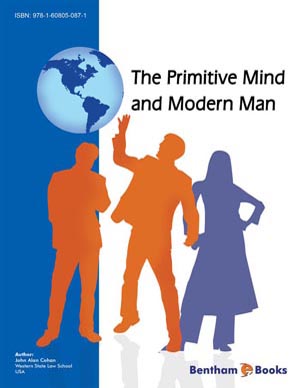Abstract
In this chapter we discuss a number of interlinked topics about what we can gain from a study of primitive cultures. What are their patterns of behavior or ways of thinking about life? A principle theme is that the modern mind is fundamentally primitive. We will compare the “primitive” world view with our “modern” counterpart, and come to understand the fundamental richness of primitive cultures. Explanation of the term “primitive.” Primitive mentality sheds light on how our minds work. Many of the practices are still current and can help us understand our own, parallel patterns of living. Discussion of what is meant by “culture,” and “human nature.” Discussion of prevalence of communal lifestyle and social cooperation, conformity to norms, non-market economies, food-sharing, ancestral worship, social atomism of some primitive cultures (i.e., lack of central leadership), prevalence of custom over law, reliance on myths and magical thinking, animistic connection to the environment. We will discuss the trend toward acculturation, the tendency of some indigenous populations to exist side-by-side with the dominant culture, the tension between the pressure to adopt new customs and the pull to retain the old. The desire to resist assimilation into the dominant group, and the inevitability of cultures changing within themselves. We will discuss the downside of acculturation: colonial imperialism, imposition of paternalistic laws outlawing traditional practices, dispossession of lands, deprivation of political power, resettlement, resulting in a demoralized population, trend of making amends for mistreatment of indigenous people in the past. We will discuss the prevalence of nativistic movements to revive and preserve traditional cultural practices.













